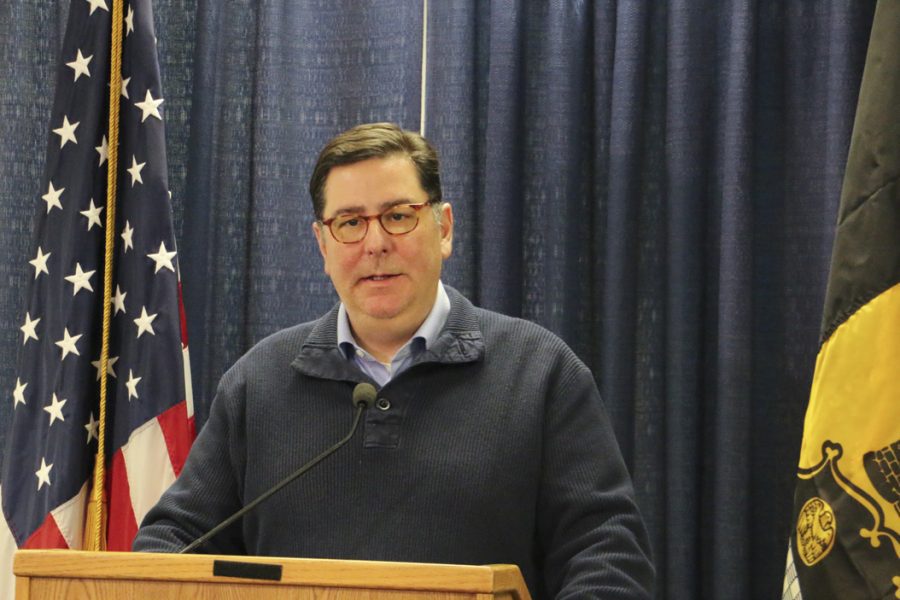Mayor Bill Peduto signed five executive orders Tuesday and Wednesday to improve affordable housing options and conditions in Pittsburgh.
After nine months of consideration, Peduto’s Affordable Housing Task Force came up with a final set of recommendations Thursday, which formed the basis for Peduto’s orders.
“My administration is committed to creating a livable city for all,” Peduto said in a letter attached to the orders, which include the following:
Order 1: To provide and expand resources, policies and programs to increase housing security for existing city residents.
Order 2: To increase and improve the opportunities for public housing and residents.
Order 3: To increase mixed-income and affordable housing opportunities across Pittsburgh.
Order 4: To preserve and protect the public interest in existing mixed-income and affordable housing across Pittsburgh.
Order 5: To improve real estate tax incentives, abatements and assessments to advance the public interest.
Tim McNulty, a spokesperson for the mayor, said the administration plans to implement these orders within the next three to six months.
The Pittsburgh City Council voted in December 2016 to establish a trust fund for affordable housing in Pittsburgh and established a $10 million goal for annual funding. This estimate came from the task force’s findings on affordable housing in the city.
While the executive orders state ways of improving low- and middle-income housing throughout the city, the mayor did not specifically say where the funding for this will come from. The leading option is to increase the city’s realty transfer tax — a tax imposed by the city for buying and selling real estate — by 1 to 5 percent. Other options include increasing wage taxes or mileage rates. As of now, Peduto said the executive orders offer more of a general guideline for the city to follow.
The orders will mainly affect five regions in the Pittsburgh area: Morningside, Downtown, Larimer, East Liberty and North Side. The task force compiled over 40 options in May 2016 on how to improve affordable housing in the city.
Low-income housing has been an ongoing issue in Pittsburgh, especially for the past few months. One of the biggest events that caused an uprising was when the now-PPG Paints Arena’s construction relocated locals who were living in the low-income houses in the area. Since then, the heart of the issue has evolved to consider how low-income housing can exist in a city that is trying to grow innovation and modern development.
Several protests have broken out across the city — most recently one in East Liberty on Inauguration Day as an underlying theme during the “Our Feminism Must be Intersection Rally/March” in January.
The protesters who attend these events called for an increase in quality of affordable homes as well as more low-income homes in developments across the city. Numerous individuals also requested these changes at one of five public meetings the mayor’s administration held for this issue since May.
While the executive orders will not affect Pitt students directly — unless they live in areas of low-income housing — Kyle Chintalapalli, the deputy chief development officer for the mayor, said that the first two orders address tenant rights in general which benefits renters at large.
Peduto, who is running for re-election this May, said the fight to preserve affordable housing in Pittsburgh is just beginning.
“These executive orders are the first step in a long process to solve not only the challenges of today but to lay the foundation for an equitable Pittsburgh in the future,” Peduto said in the letter.


